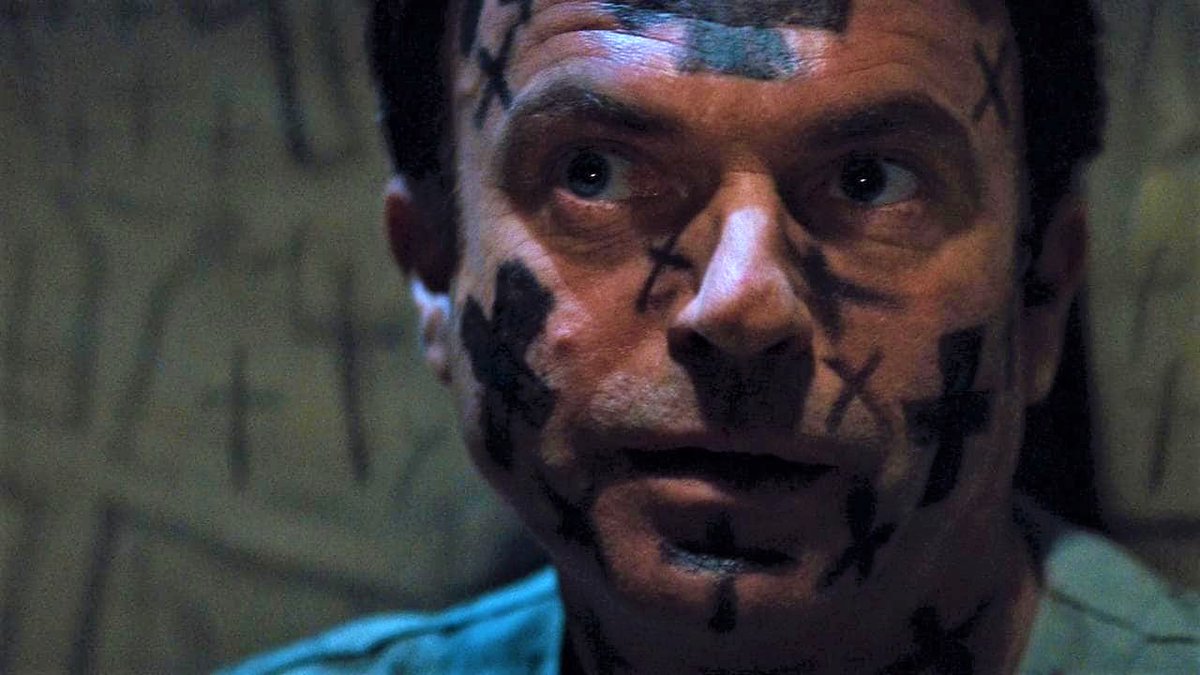
Guillermo del Toro’s knowledge and passion for horror cinema is too expansive to be contained by a single list – there’s simply too many recommendations of too many great movies to ignore.
So here’s a second list of horror movies recommended by del Toro, for your viewing pleasure (listed chronologically).
1. I Walked with a Zombie (1943)
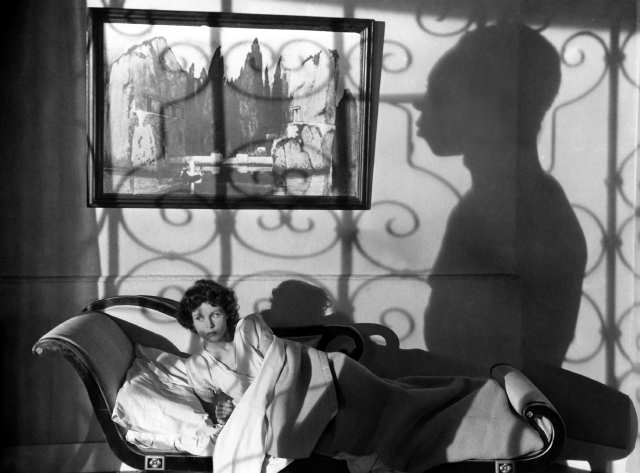
People who don’t know the history of horror at all have lately taken it upon themselves to coin all manner of new terms to demonstrate how the genre is currently much more sophisticated than what it used to be. First it was “post-horror,” then “elevated horror,” now there’s even “horror as a vehicle” threatening to make its way into film conversation.
All of these self-evidently ridiculous monikers are always used to mean horror movies that, while undoubtedly presenting tropes and aesthetic elements of the genre, are also artistically serious and have genuine thematic heft – something which, these people believe, is a wholly new phenomenon. The thing is, horror has always been one of the most socially conscious cinematic genres and also one that has often attracted some of the most artful filmmakers in the world.
Jacques Tourneur’s “I Walked with a Zombie” is one of the greatest rebuttals to the notion of sophisticated horror not existing in the past; it’s not only one of the best, most intelligent films ever made about colonialism, it’s a superb aesthetic experience, with stunningly expressive black-and-white cinematography and a surreal mise-en-scene filled with spectacular use of the natural environment to highlight the supernatural elements of the story.
As del Toro says, the film is “Jane Eyre or Rebecca with Voodoo,” a swooning gothic romance that is also as spooky as any other horror offering. A seminal masterpiece.
2. The Uninvited (1944)
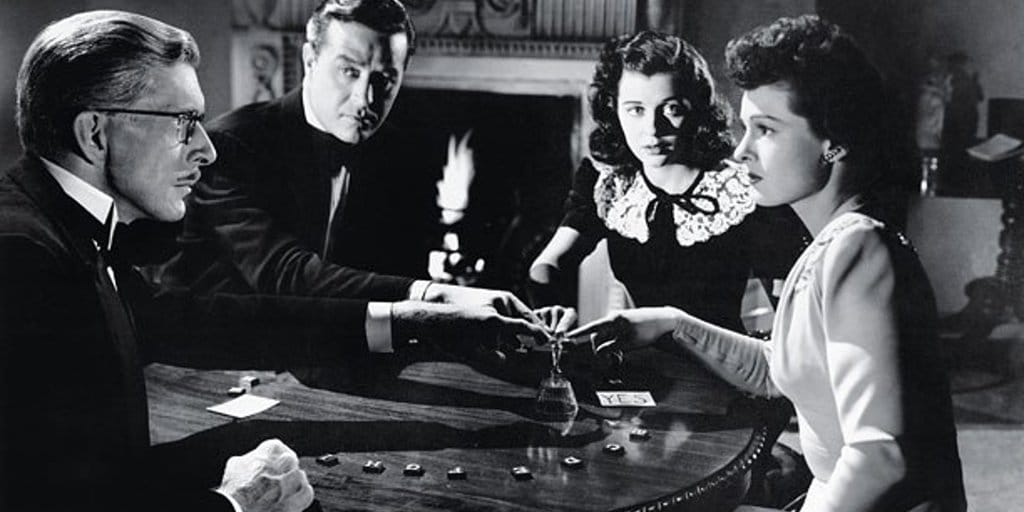
Cited multiple times by del Toro as one of his favorite ghost stories on film, “The Uninvited” is a relatively unknown title in the field of haunted house classics, a lightweight when put in the ring with heavy hitters such as “The Haunting” or another film that will be mentioned just below.
But ever the scholar of B-movie glory, del Toro’s hearty recommendation is merited: Lewis Allen’s film is wonderful, a story that works equally well as a standard melodrama and as an atmospheric horror tale. But the real reason for its success and longevity among connoisseurs such as del Toro is that this is one of the most impressively crafted horror movies of the 1940s (the cinematography is particularly great, with phenomenal use of shadows and silhouettes) and low-key one of the most influential as well, having been one of the first to position the supernatural as a plausible, palpable, and serious threat rather a ridiculous or campy element.
3. The Innocents (1961)
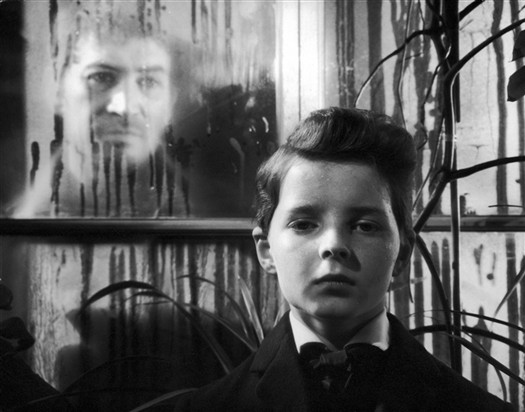
Jack Clayton’s seminal masterpiece may be the definitive ghost/haunted house movie in the history of cinema, the one by which all others of it’s kind are measured, so, naturally, it’s a del Toro favorite.
Henry James’s “The Turn of the Screw” is one of the most frequently adapted works of literature, with new versions of the story popping up in the same breath as reboots of major franchises (last year alone saw the release of two different adaptations); none of which has ever come close to capturing the power of “The Innocents.” In fact, it’s a wonder why anyone even bothers to keep trying, considering this one has already perfected every possible facet of James’s novella, mining the latent ambiguity of the premise for terrific effect, transforming the story into much more of a character study. This movie is a spiraling narrative of the deterioration of a fragile mind, in which the ghosts may or may not be just figments of the protagonist’s imagination rather than a literal presence.
And on a formal level, not enough can ever be said of this movie’s staging and camera work: Clayton’s ability to reframe without cutting, of rearranging the characters and the camera in a space so as to change the shot, is second to none. “The Innocents” is an incessant masterclass of visual mastery that has inspired filmmakers for decades – not the least of which was, per his own admission,. del Toro himself.
4. The Curse of the Werewolf (1961)
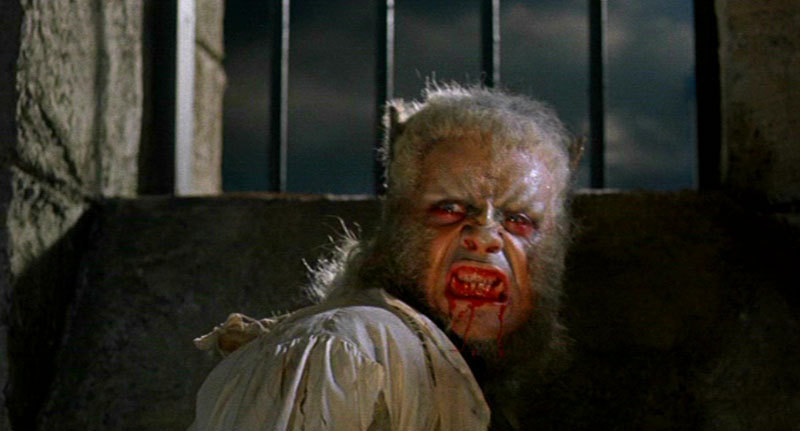
It will surely come as a surprise to no one familiar with del Toro’s tastes that he’s a fan of Hammer, the legendary British horror studio responsible for some of the most iconic iterations of classic horror characters, such as Peter Cushing’s Frankenstein or Christopher Lee’s Dracula.
“The Curse of the Werewolf” was Hammer’s major contribution to another quintessential horror staple; and although not as well-remembered as the ones mentioned above, this lupine tale features all the pleasures one can expect out of the studio. It’s campy and silly, of course, but also lush, with beautifully vivid colors and detailed production design, plus a gothic tone that is entertainingly over the top while never becoming obnoxiously ironic.
Not an essential masterpiece, naturally, but a damn good time at the movies.
5. Matango (1963)
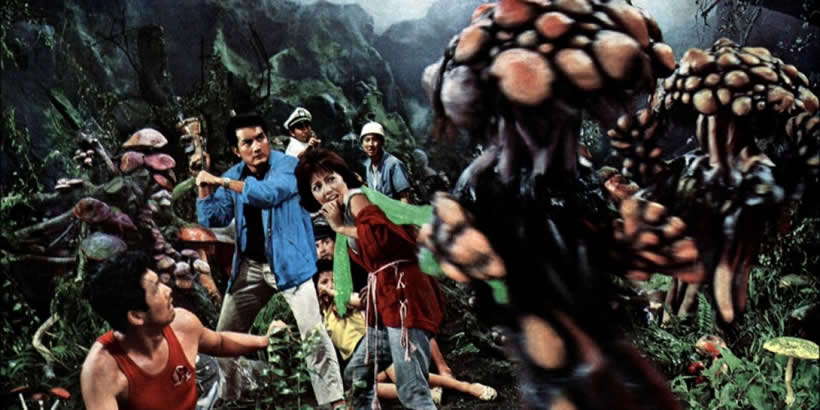
As is apparent by his own work, del Toro, despite being an undeniably erudite and cultured man, has the most love for what can more easily be described as (tough no doubt he would protest this term) “low-brow” material – the films, TV shows, novels, and comics that deal in the silliest things with the most earnest grandeur.
That’s the crux of his sensibility as a filmmaker; after all, who else could’ve taken the love story of a woman and a mutant man fish all the way into Best Picture-winning glory, through sheer force of craft? Conversely, his big robots versus big monsters movie, albeit less successful with awards, was also a gloriously polished reimagining of a traditionally low-brow genre, of which “Matango” might be the peak.
There’s something incomparably satisfying about a movie that delivers on what it promises, and Ishirō Honda’s film is exactly what you’d expect out a of a story about people slowly transforming into murderous mushrooms – meaning, it’s a deliciously weird, trippy and scary slice of B-movie heaven. Sure, there’s a dark tone and bleak subtext, but at the end of the day, this is still first and foremost a movie about people turning into mushrooms. And it’s the best one that you’ll ever see – that ‘s a guarantee.